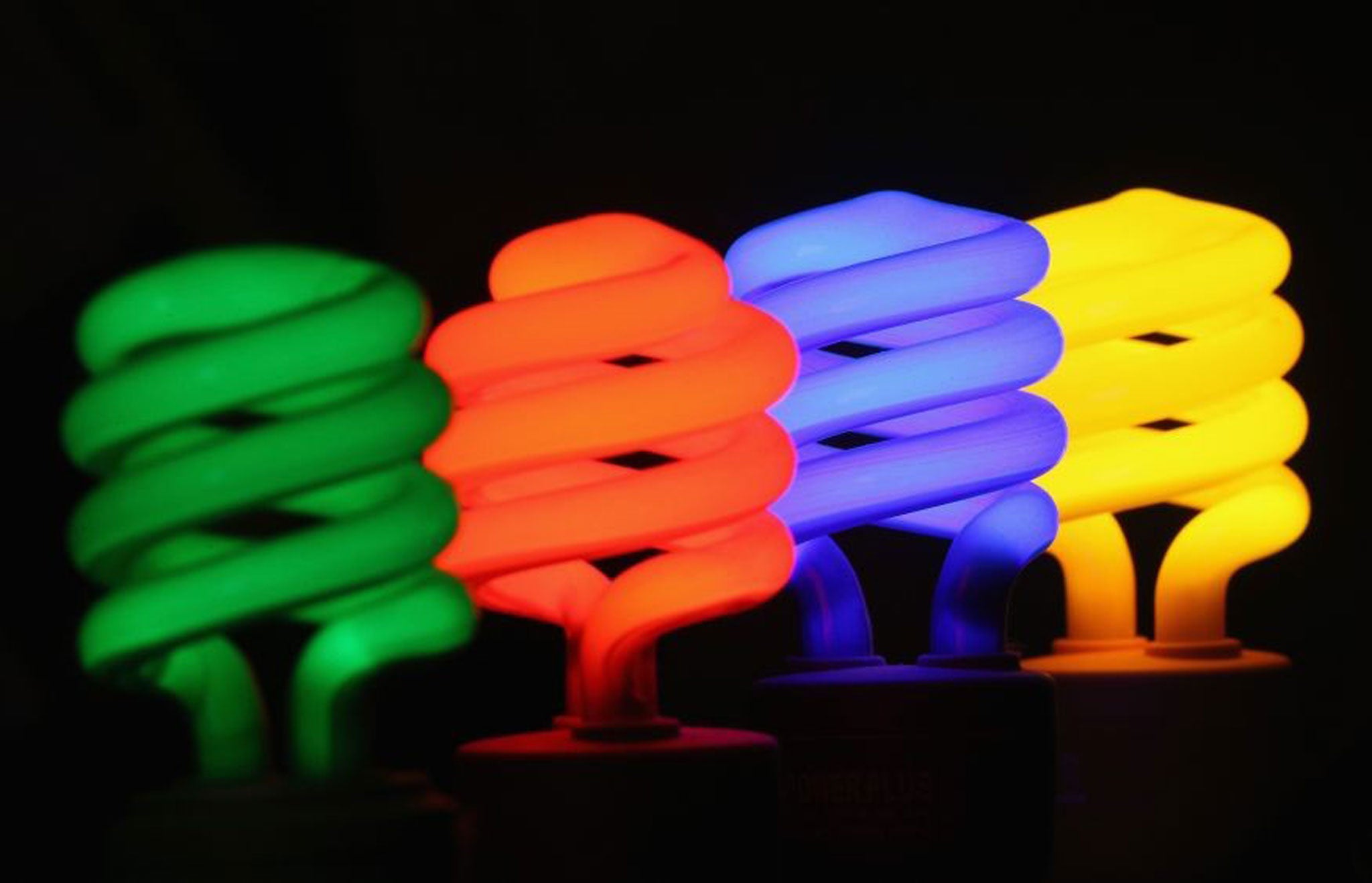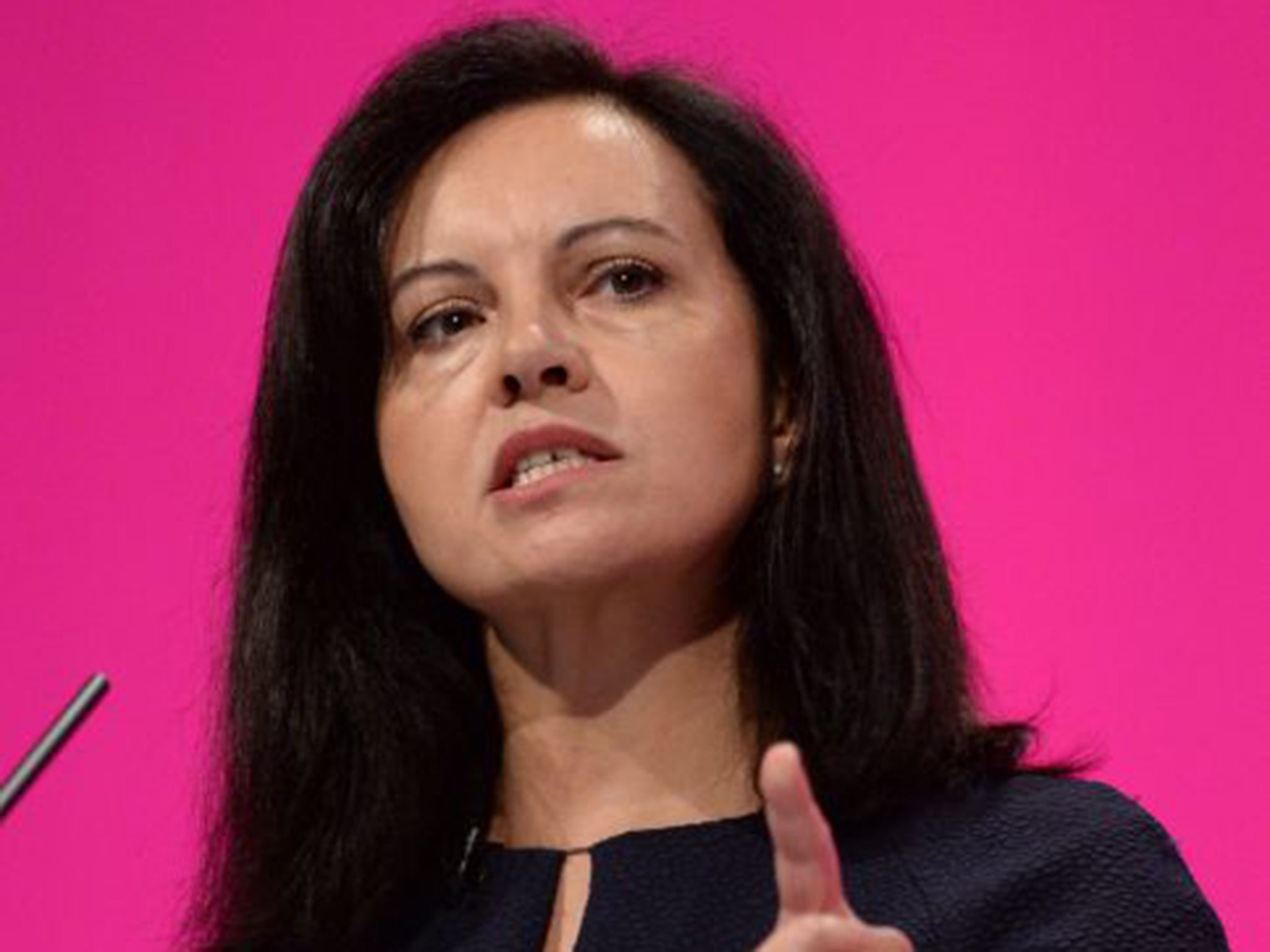Community energy would bypass the Big Six under Labour
The plan is expected to be included in the party's general election manifesto

Your support helps us to tell the story
From reproductive rights to climate change to Big Tech, The Independent is on the ground when the story is developing. Whether it's investigating the financials of Elon Musk's pro-Trump PAC or producing our latest documentary, 'The A Word', which shines a light on the American women fighting for reproductive rights, we know how important it is to parse out the facts from the messaging.
At such a critical moment in US history, we need reporters on the ground. Your donation allows us to keep sending journalists to speak to both sides of the story.
The Independent is trusted by Americans across the entire political spectrum. And unlike many other quality news outlets, we choose not to lock Americans out of our reporting and analysis with paywalls. We believe quality journalism should be available to everyone, paid for by those who can afford it.
Your support makes all the difference.The dominance of the Big Six energy companies would be swept aside with the creation of a "Big Six Thousand" – community projects supplying electricity directly to homes for the first time, under plans being considered for the Labour election manifesto.
The Co-operative Party, which is part of the Labour movement, will this week call for a national community energy revolution in Britain, modelled on Germany's highly successful example of giving freedom and control to locally-owned renewable suppliers.
The plan is endorsed by the Shadow Energy Secretary, Caroline Flint, and is expected to be included in Ed Miliband's manifesto. The publication, titled The Next Generation, acknowledges the work the coalition has done to increase community energy in the UK, but says ministers have not gone far enough to break the dominance of the Big Six gas and electricity suppliers, reduce bills for households and slash consumers' carbon footprints.
It envisages thousands of small, community-owned renewable energy firms supplying local homes, renewable heat incentives, and community feed-in tariffs. Community-owned energy groups would be able to supply energy direct to residents for the first time, prohibited under current rules.

In Germany, the "right to generate" has opened up the energy market over the past decade. Renewable energy is now the largest supplier of electricity, providing 28 per cent of the country's electricity needs, and more than 50 per cent of this supply is owned by households, communities and farmers. Less than 13 per cent is owned by utility companies.
Ms Flint said: "Community energy has huge potential for the future of our energy mix, building a more open, democratic and sustainable energy market. "
Karin Christiansen, general secretary of the Co-operative Party said: "With the cost of living crisis gripping the UK, consumers are increasingly unable to shield themselves from rising energy costs. There is a growing disparity between the daily struggle to keep homes warm and lit and the huge increase in profits... being realised by the Big Six."
Join our commenting forum
Join thought-provoking conversations, follow other Independent readers and see their replies
Comments